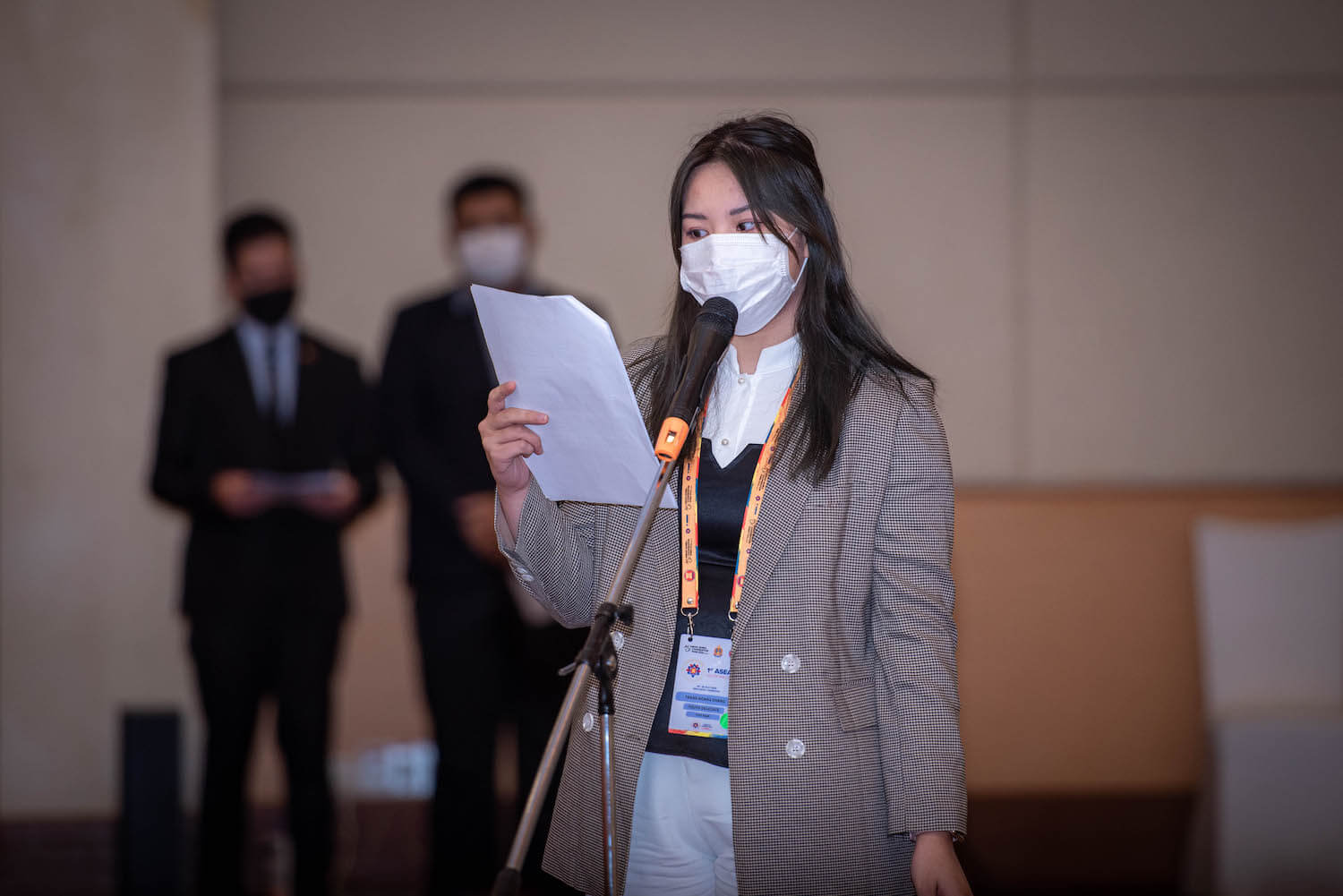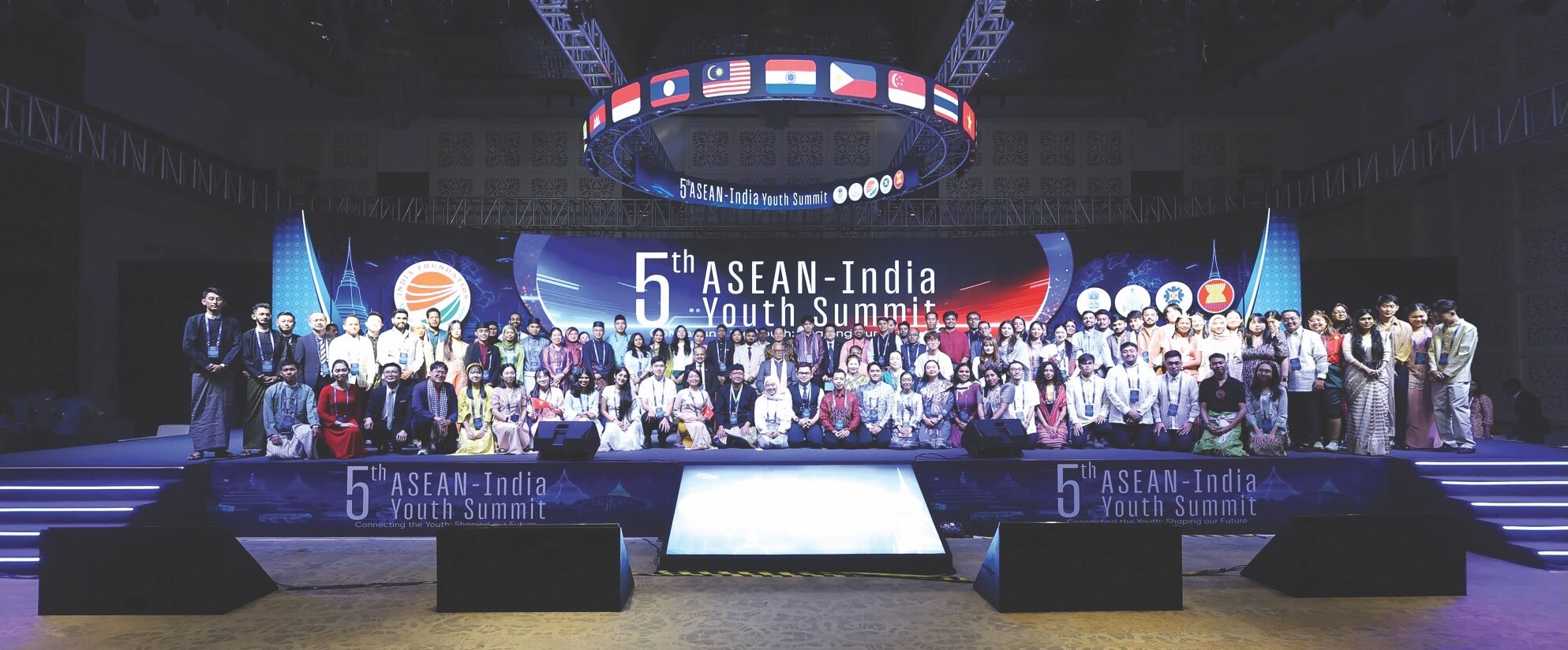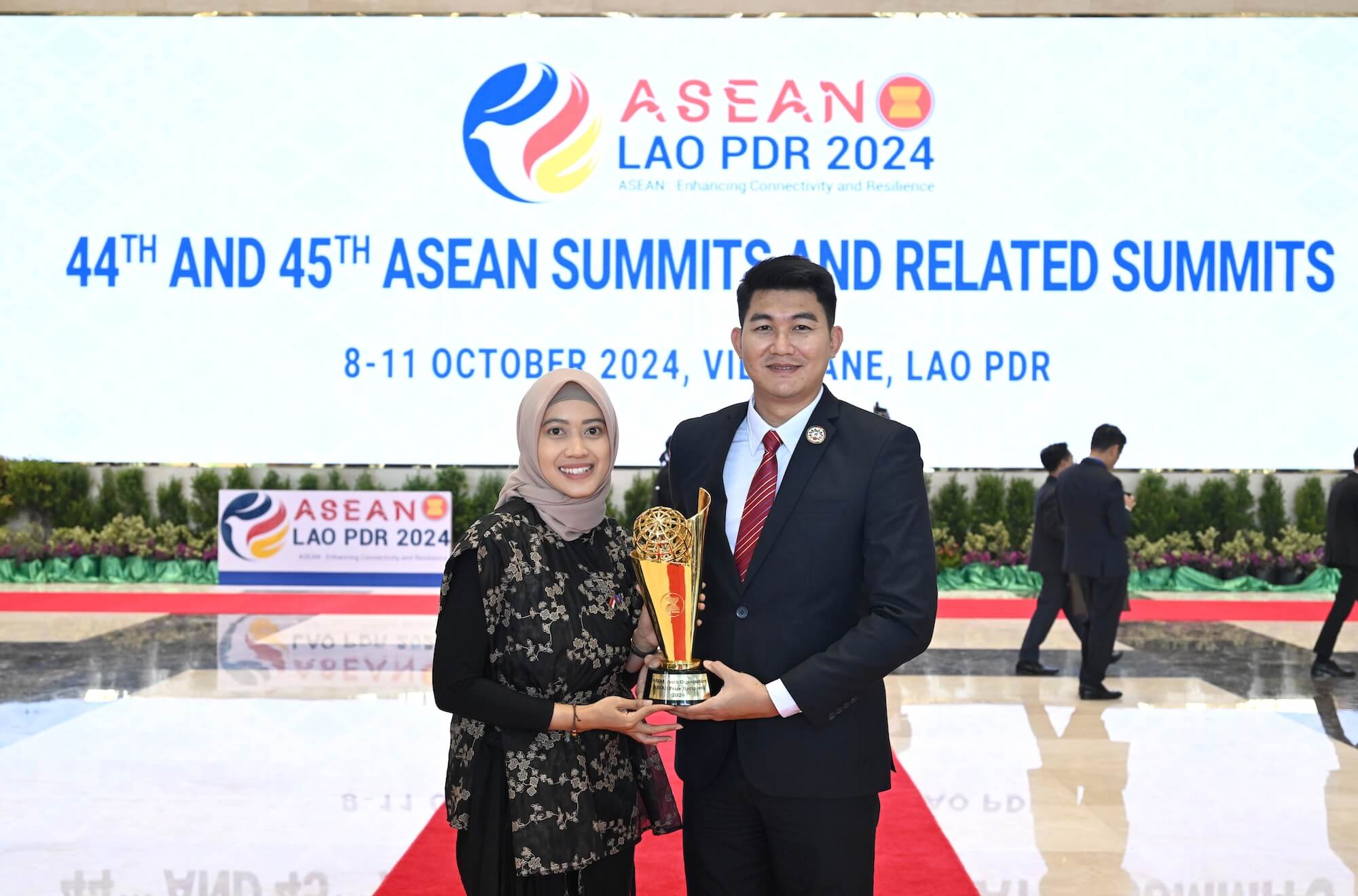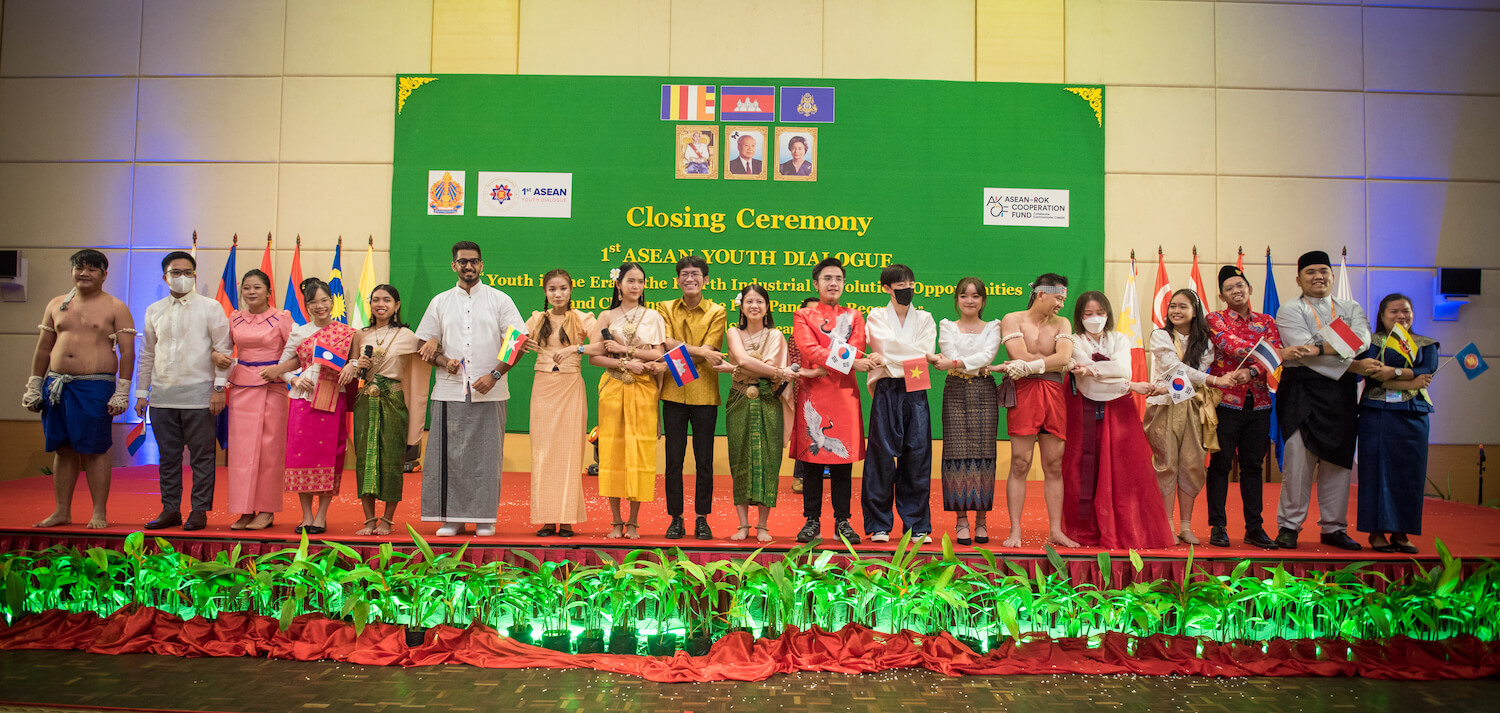



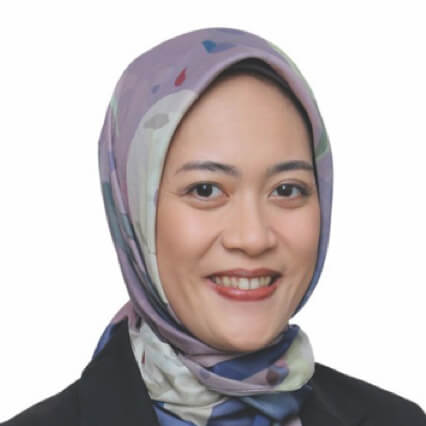
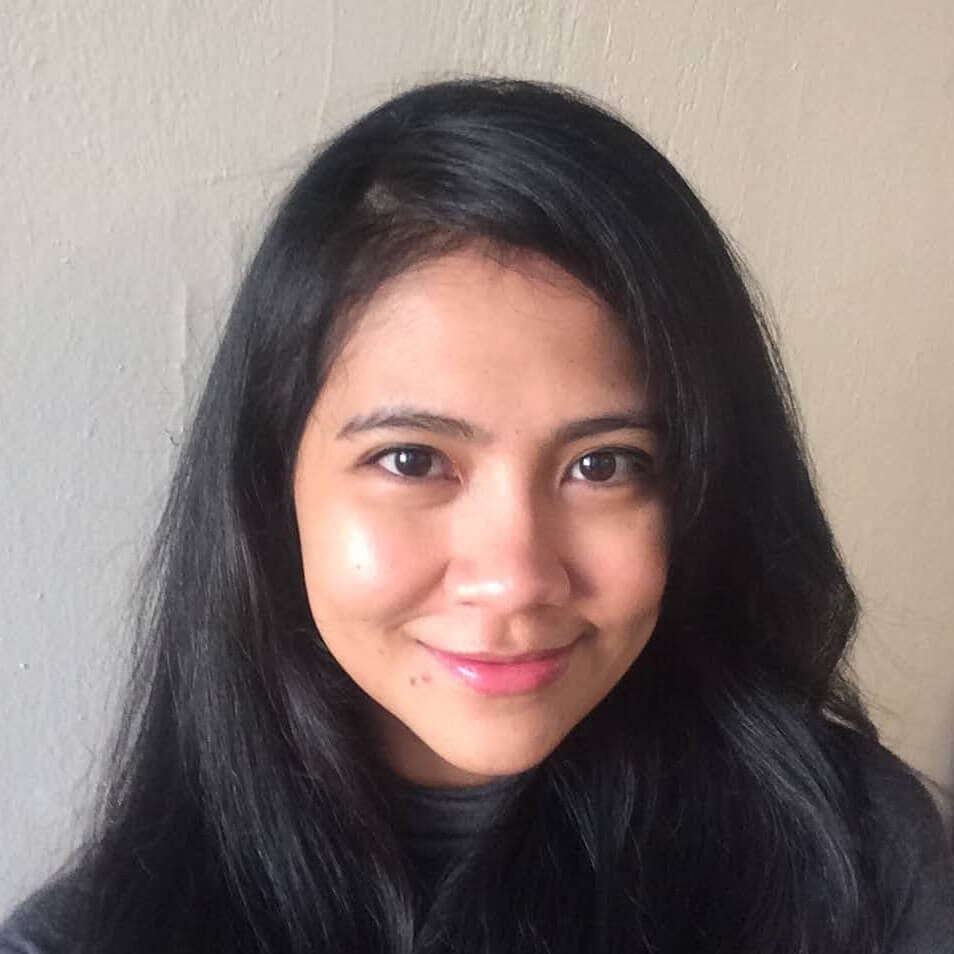
Each generation is shaped by unique experiences and circumstances, and there is no better way to understand each other except through dialogue.
Under Cambodia’s ASEAN chairmanship, 2022 was designated the Year of ASEAN Youth. In line with the theme, “ASEAN A.C.T: Addressing Challenges Together,” the Year of ASEAN Youth recognised the youth’s role in strengthening the region’s recovery and growth. Consistent with the post-2020 vision of ASEAN youth development, which focuses on fostering digital and 21st-century skills, the year’s activities aimed to provide more meaningful platforms where the youth’s voices can be heard, their creativity can flourish, and their abilities can be tapped for the greater good.
One of the year’s flagship activities was the 1st ASEAN Youth Dialogue held from 25 to 26 July 2022 in Cambodia. The dialogue was co-organised by the country’s Ministry of Education, Youth and Sport and the ASEAN Secretariat, co-funded by the ASEAN-Republic of Korea (ROK) Cooperation Fund with the government of the Kingdom of Cambodia.
It consisted of a virtual pre-departure programme and on-site events held in Siem Reap, the second largest city of Cambodia and home to the world-famous Angkor Wat temple. Youth delegates of ASEAN and the ROK jointly developed policy recommendations that were later submitted to the ASEAN Youth Ministers and High-Level Representatives.
This was ASEAN’s first large-scale in-person gathering of youth since the beginning of the COVID-19 pandemic. It demonstrated the importance of ASEAN’s strong commitment to youth engagement even amidst various challenges. The dialogue also opened a new avenue for youth representatives and ASEAN policy-makers to come together, communicate their concerns, and think through solutions to society’s most pressing challenges.
Nearly 70 young people from the ASEAN Member States and South Korea from diverse educational and professional backgrounds participated in the event. High schoolers, university students, young government officials, business leaders, and development practitioners from urban and non-urban settings participated in this event with their unique characteristics and experiences.
The theme was “Youth in the Era of Fourth Industrial Revolution: Opportunities and Challenges in Post-Pandemic Recovery.”
The pandemic hastened technology use and digital adoption, particularly among the youth. In addition, the crisis highlighted the unique responses of each generation to new norms of living, learning, and working. A 2020 World Economic Forum survey showed that young people had demonstrated skills, adaptability and resilience that are crucial for the region’s recovery. However, with an accelerated path towards digitalisation and 4IR, the youth must have the opportunities, infrastructure and environment to build their skills and abilities for the future.
Pre-departure programme
A virtual pre-departure programme from 18 to July 2022 allowed the delegates to deepen their knowledge of the ASEAN Community and ASEAN-ROK relations. ASEAN Secretariat representatives, experts from the ASEAN-Korea Centre (AKC), National Council of Youth Organizations in Korea (NCYOK), and prominent youth leaders shared their knowledge and ideas on the theme from different perspectives.
The ASEAN and ROK youth delegates jointly developed policy recommendations that were later submitted to the ASEAN Youth Ministers and High-Level Representatives. They ran along eight thematic areas which also shaped the onsite discussions: (i) governance, (ii) science, technology, and innovation, (iii) the future of work, (iv) infrastructure and connectivity, (v) inclusive and sustainable growth, (vi) climate change, (vii) narrowing the development gap in ASEAN, and (viii) ASEAN-ROK people-to-people exchanges.
A live-streamed panel discussion, “The Vital Roles of Millennials and Gen-Z in Post-Pandemic Recovery”, introduced youth delegates to peers who lead community projects that address some of these challenges. Moderator Timothy Low, a Singaporean ASEAN Youth Fellowship Programme alumnus and chief operating officer of Halogen Foundation, led the sharing of experiences of three inspiring speakers: Indonesia’s Fayola Maulida, founder of The Study Friend; the Lao PDR’s Panalath Lathouly, alumnus of Empowering Youth Across ASEAN (EYAA) programme: and Viet Nam’s Vinh Quang Pham, 3rd prize winner of the 2021 ASEAN Youth Social Journalism Contest. The speakers highlighted that passion and persistence, collaboration, and creative resource mobilisation are crucial to successfully implementing projects.
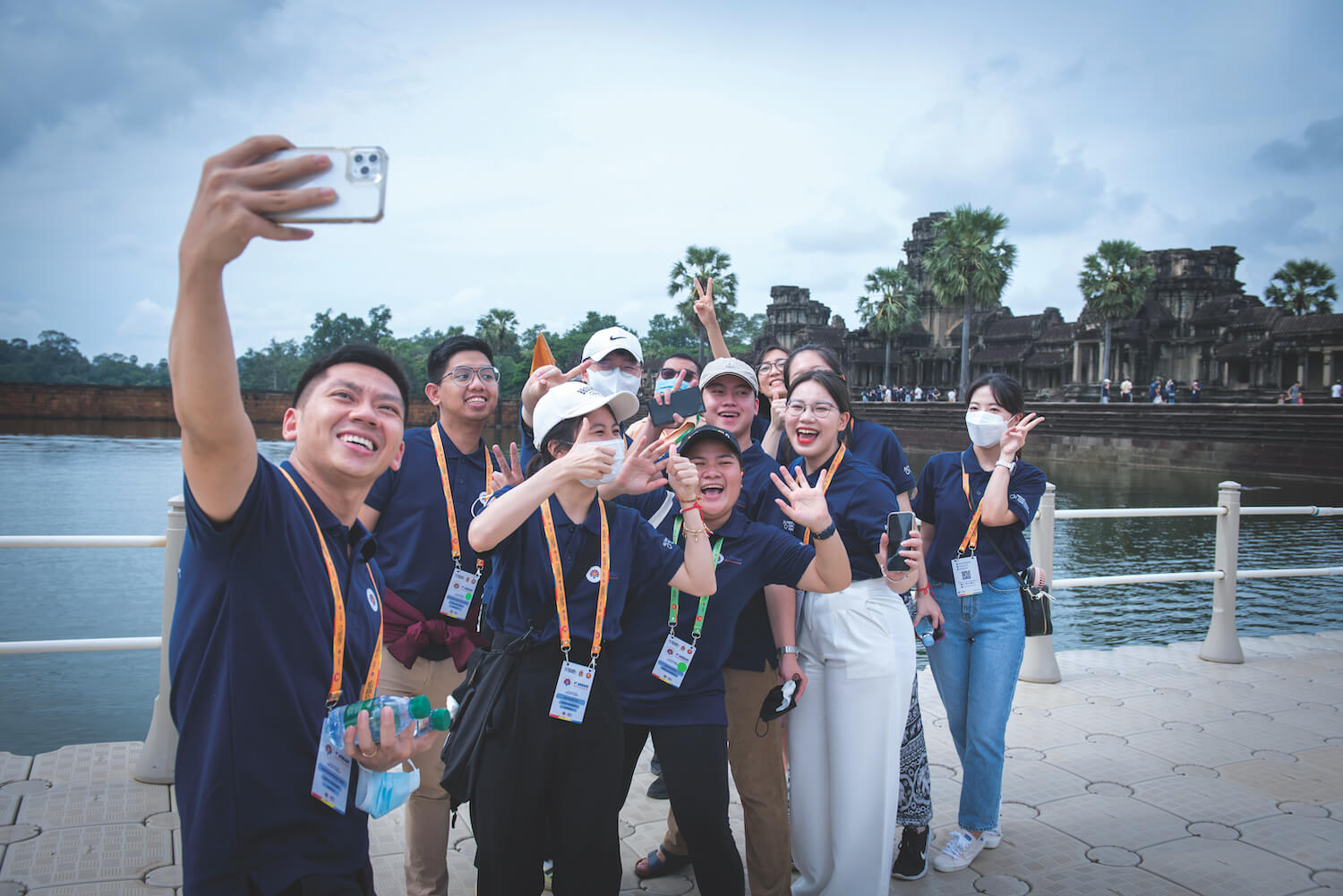
Gathering at Siem Reap
Upon arrival in Siem Reap, youth delegates joined peer-to-peer interactions, organised discussions, Q&A with the speakers, and a World Café session to deepen their understanding of the 4IR, its impact on socio-economic development, and ASEAN-ROK relations. These enabled them to review and refine the draft recommendations for presentation to the ASEAN ministers.
Interestingly, in the discussions about the 4IR and pandemic recovery, there was an intense focus on equality rather than the advanced use of technology. Deliberations on green jobs focused on environmental conservation and how the youth can create more jobs for their local communities through social entrepreneurship schemes. The overarching idea that emerged from discussions across all thematic areas is the importance of ensuring equal access to opportunities across different youth groups that transcend language, geographical, or technological barriers.
One of the highlights of the event was the ASEAN Talk. During this TED-Talk- inspired session, participants listened to fresh ideas and real stories on how young people can leverage technology to address various challenges. Speakers included Brunei Darussalam’s Shaun Hoon, who is an alumnus of the World Economic Forum Global Shapers; Cambodia’s Richard Yim of Quantum Engineering and Manufacturing, who was listed in the 2019 Forbes 30 Under 30 Asia; Indonesia’s Musawwir Muhtar, co-founder and Expansion Director of OCTOPUS; and South Korea’s Sol Kim representing the Asia-Africa Centre of Seoul National University.
Youth delegates meet Youth Ministers
The dialogue with the ministers took place the following day. Selected delegates from ASEAN and ROK delivered the recommendations.
In a pre-recorded video, Kim Hyunsook, Minister of Gender Equality and Family of the ROK, expressed her hope for the youth delegates to take the dialogue as an opportunity to understand each other’s culture and develop close friendships. The engagement of ASEAN dialogue partners in ASEAN Youth Dialogue is essential, not only to allow the expansion of networks among young people but also to cultivate a sense of global citizenship.
The ministers and representatives expressed appreciation to the youth for the constructive recommendations. One of the recommendations focuses on the importance of investments in advancing science and technology through the relevant ministries or agencies and public-private partnerships. Conversations on narrowing development gaps also led to a shared idea among ministers that volunteerism and youth entrepreneurship are areas in which ASEAN can pursue future collaboration.
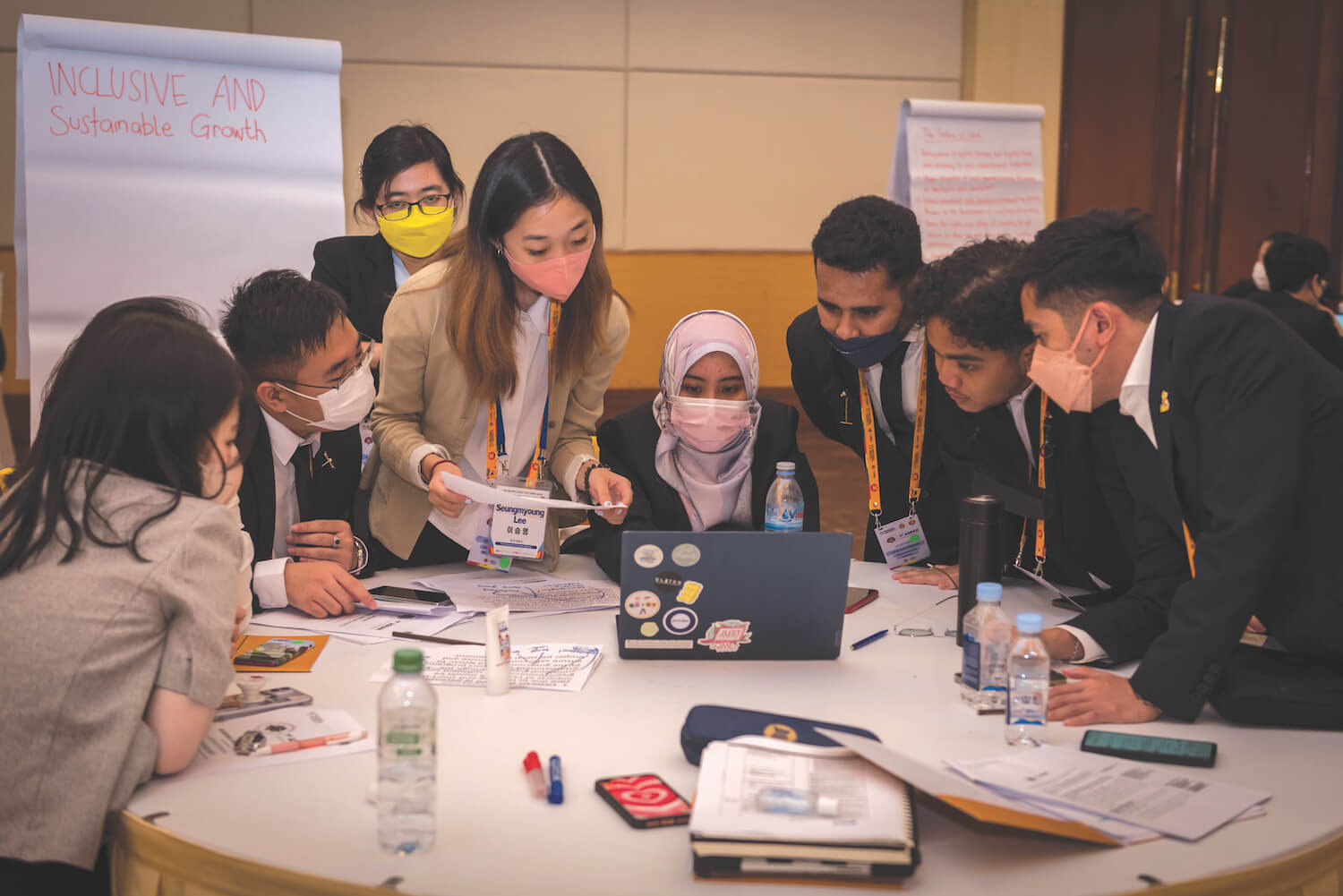
Advocating for a culture of collaboration and co-creation
ASEAN’s approach to engaging young people has evolved following technological advancement and social innovations over the past decades.
With technological advancement rapidly moving in, we must keep providing young people with opportunities to voice their opinions and find solutions for a better future. The wisdom of the older generation and the innovative mindset of the younger generation should go hand in hand so that the people of ASEAN can reap the benefits of 4IR.
As a forward-looking region and as stated under the ASEAN Leaders’ Statement on the Year of ASEAN Youth to Strengthen the Role of Youth in ASEAN Community Building adopted by the leaders at the 40th and 41st Summits, ASEAN is committed to promoting the role of ASEAN youth in regional and global security, political stability, peace, creative industries and entrepreneurship, respect for cultural diversity, and sustainable socio- economic development.
The willingness to put aside intergenerational differences for a moment, listen to the younger generation’s voices, and learn from the older generation’s stories will create more opportunities to collaborate that may eventually keep the next generation from experiencing preventable development gaps.
The Second ASEAN Youth Dialogue is set to happen in April 2023. Learning from the inaugural dialogue, ASEAN shall explore further the value of intergenerational collaboration to promote synergy, continuity, and agility of efforts towards a future that works for all generations across the region over the next decades.
